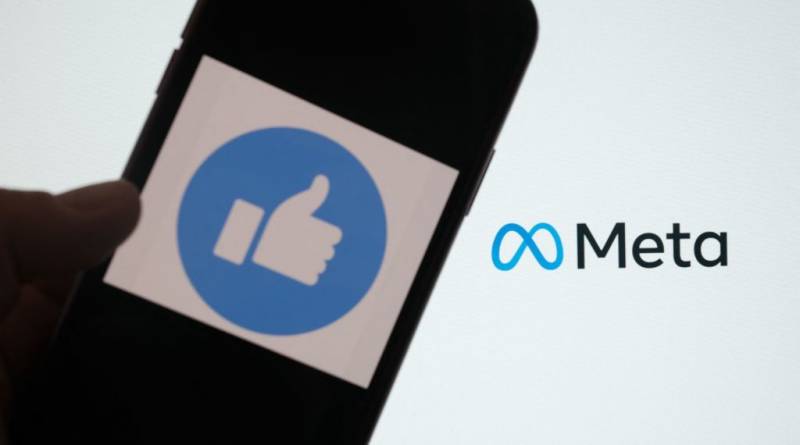A coalition of more than 30 tech accountability groups and national political organizations, upset with what they say has been Facebook’s ham-handed approach to content moderation, has organized a four-day boycott of the social media behemoth (now known as Meta), beginning Wednesday.
“Facebook spends more energy trying to mend their broken public image than fixing what’s happening on their platform and at the company,” the Kairos Fellowship, a nonprofit focused on advancing racial and economic justice through tech accountability, said in a statement.
The group, which organized the boycott in partnership with a wide swath of mostly progressive organizations — including NARAL Pro-Choice America and MoveOn — is urging users to stay away from Facebook and Instagram through Saturday.
More than 51,000 people have pledged to log out, “amplifying our demands for Facebook to curb disinformation, increase transparency on content moderation decisions and halt surveillance advertising,” Kairos’s executive director, Mariana Ruiz Firmat, said.
Last year, following George Floyd’s murder by a Minneapolis police offer, a number of big tech and communications companies, including Microsoft, Verizon and HP, stopped advertising on Facebook and Instagram, in some cases for a month, in an effort to show solidarity with protesters who said Facebook wasn’t doing enough to counter hate speech on its platform.
But there’s been no significant repeat pullout, even as Facebook has recently come under fire for a spate of potentially major transgressions — from allegations of “shadow-banning” of BIPOC activists, to evidence the company knowingly promoted platforms that harm children and incite political violence, to reports detailing the more lenient approach it has taken to misinformation and disinformation disseminated by its “VIP” users.

A number of users taking part in the boycott, however, say they are doing so out of frustration, after their groups on the platform were removed, with no explanation or recourse from the company. The company, they insist, needs to start treating its nonpaying users like valued customers.
Algorithms paired with virtually no human customer service have made life difficult for people like Nick Wright of San José. An engineer by day, at night he runs History Alliance, a collection of roughly 30 Facebook history groups that collectively have more than 1 million members.
Wright says he understands why Facebook uses artificial intelligence to screen for an onslaught of offensive content like racist slurs or calls to violence, material CEO Mark Zuckerberg has repeatedly pledged to control over the years. But Wright says the software often functions like a “sledgehammer.”
“They start deleting your member comments. They start deleting threads. We’ve even had our groups deleted by Facebook without comment, without notice,” he said.
Wright says Facebook deleted his alliance’s WWII & Military History group. In retrospect, he says, he presumes there were too many instances when a post or comment included a slur that was common in the 1930s and 1940s.

